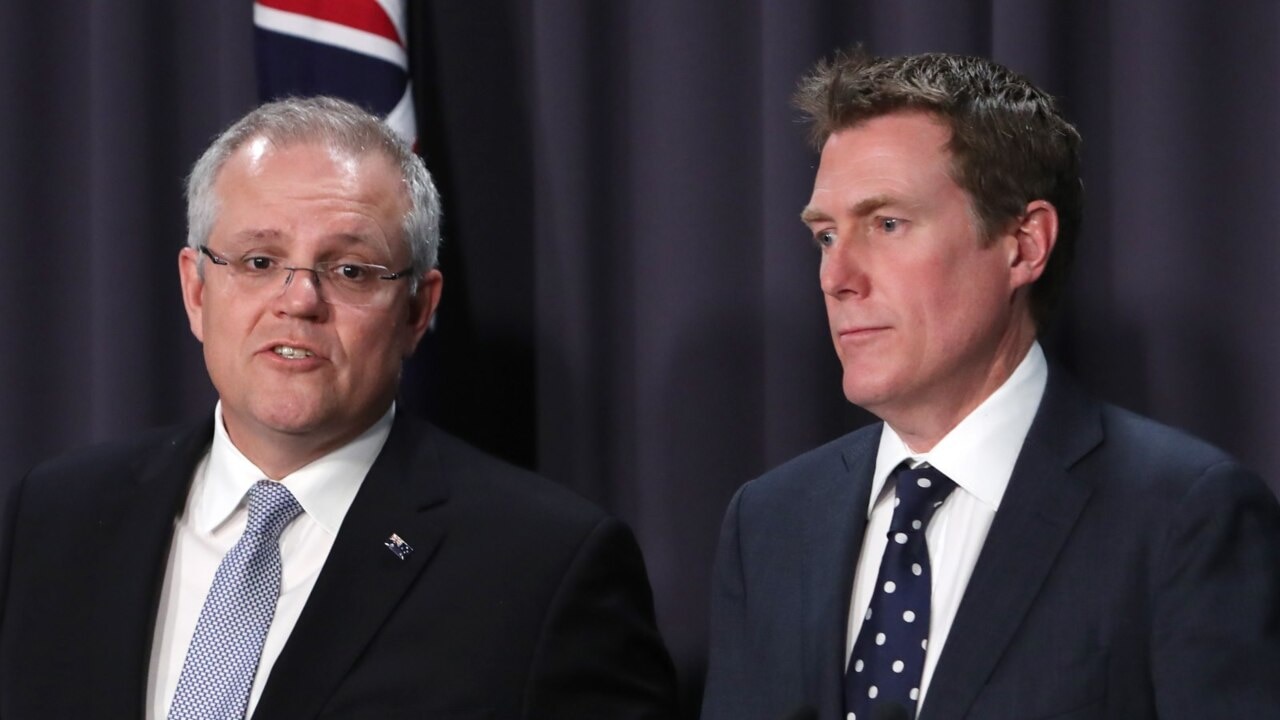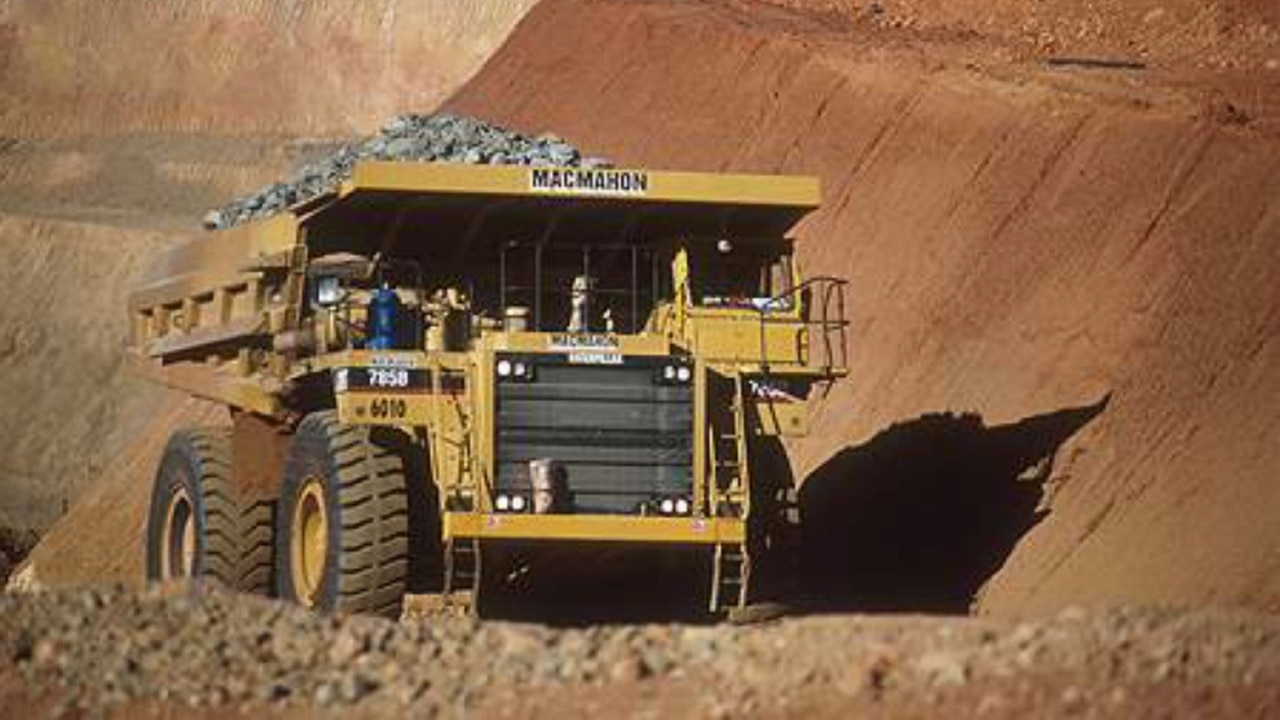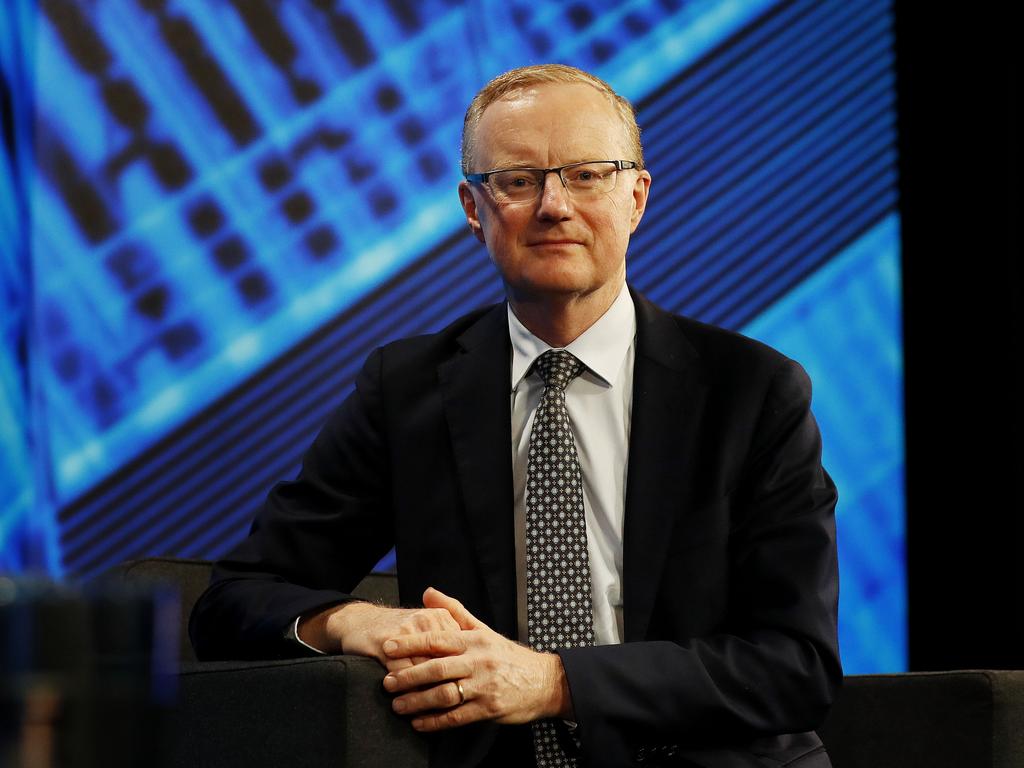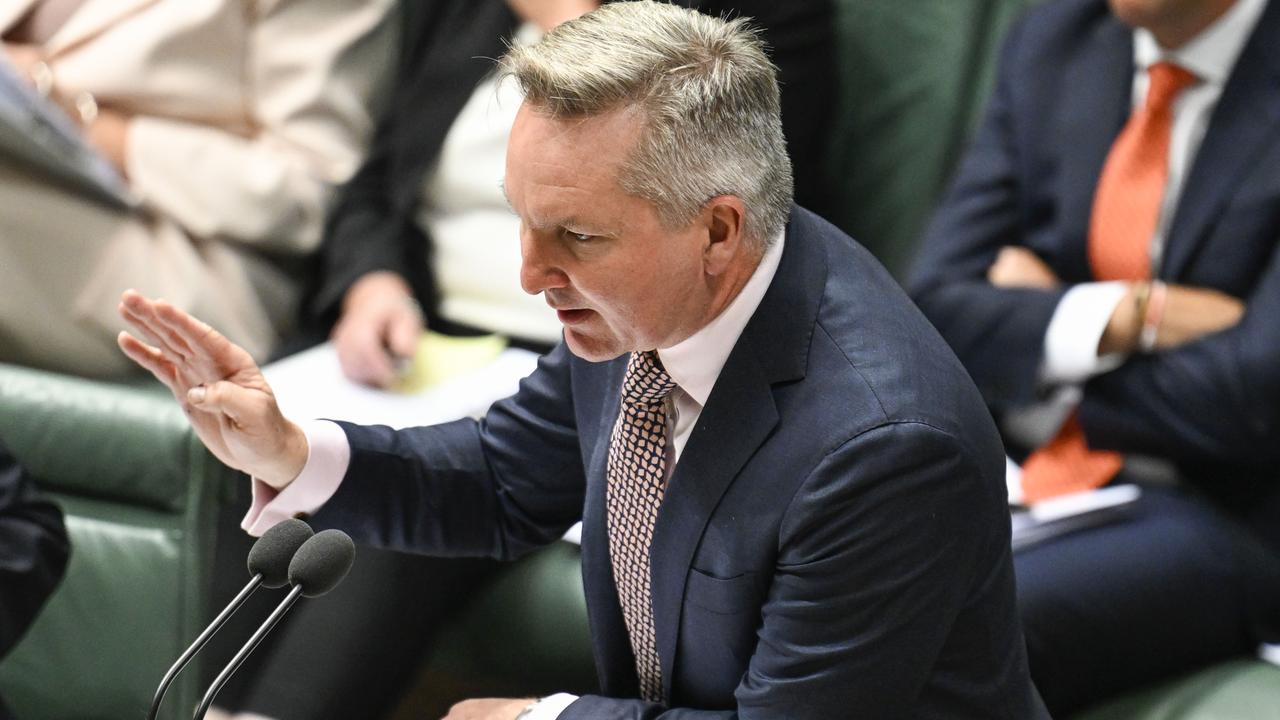
With Scott Morrison seemingly unassailable at the moment, on a one track path towards victory at the next election, Labor has been gifted a narrow political advantage. Can it take advantage of it?
The Coalition appears set to pursue industrial relations reforms. Or Work Choices Mark II as it will no doubt be labelled.
I’ll believe Morrison has the stomach for the fight when I actually see the legislation debated in the parliament. After all Morrison is more marketing man than substantial political actor. And getting it through the senate will be its own issue. But so far it does appear that he’s prepared to run the gauntlet on IR reform.
Why is that?
The pandemic has necessitated workplace reforms. Doing business has rarely been tougher than at the moment, and the tough times are far from over. Enterprise bargaining reforms that insert more flexibility into the system have the dual capacity to save jobs and save businesses. Changes to casual conditions are also needed in the wake of the federal court decision granting casual workers some of the rights part and full-time workers enjoy, without striking out loading provisions designed to compensate for such lost rights.
While unions have been quick to label the enterprise bargaining changes the worst assault on workers’ rights since Work Choices, that doesn’t change the fact reform is necessary to prop up the economy. And to respond to changes made by the courts.

It’s the job of unions to fight for the rights of workers. So their response has been both predictable and understandable. It’s the job of government, however, to keep the unemployment queues down and businesses alive. So it’s a sign of substance that this government has been prepared to enter this fight.
But putting the rights of workers a distant second to the above – which these reforms will do – is risky business politically. Even for a dominant PM like Morrison.
Morrison is clearly backing the changes, which have passed through cabinet. Christian Porter wouldn’t have announced them if he wasn’t. But let’s see how long that lasts if the pressure builds and the polls tighten.
Neither is likely to happen – as mentioned, Morrison is a political super hero right now. Even the disgrace of Robodebt (and Morrison’s central role in the disaster which cost $1.2b and cost lives) bounces off our Teflon coated PM.
But anything can happen. These IR changes are Albo’s one chance, one opportunity to get back in the political fight.
There aren’t many ideological Liberals left in parliament anymore. One, however, is the IR minister Porter. But he’s also part pragmatist, and it’s the pragmatist in him which conceived of these changes in the wake of the pandemic.
Unions see it differently of course. They see ideology at play. A cunning plan to undercut workers’ collective rights using the excuse of the pandemic. Perhaps that’s in Porter’s subconscious.
I’m not sure undercutting workers’ rights is the intent, but it certainly will be part of the outcome. As John Howard discovered when he fought for Work Choices, businesses can be ruthless – using the rules of the game to their absolute advantage. And what’s being proposed by way of enterprise bargaining changes will put more power in the hands of employers.
IR reform hasn’t taken centre stage since Howard’s defeat at the 2007 election. Labor in the wake of that loss took the system back, in part at least, to what it looked like during the 1990s. Despite some tinkering at the edges, Liberals have been too afraid to target workplace reforms since that time.
Not anymore.
This debate is only just getting started. In a volatile jobs climate, while the economy is weak. Interesting times. The Coalition – led by a populist PM with a penchant towards marketing over substance – will need to run substantive arguments for IR reforms while defeating populist attacks from the left.
The government starts with a major advantage – it is in the box seat to win the next election. Labor starts weak and uninspired, but with the potential for this fight to give it the spark it needs.
I for one can’t wait to see what happens.
Peter van Onselen is a professor of politics and public policy at the University of Western Australia and Griffith University.







